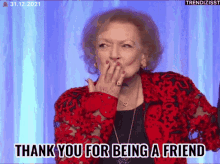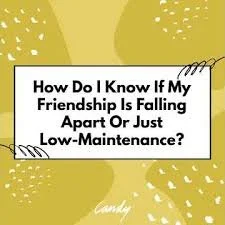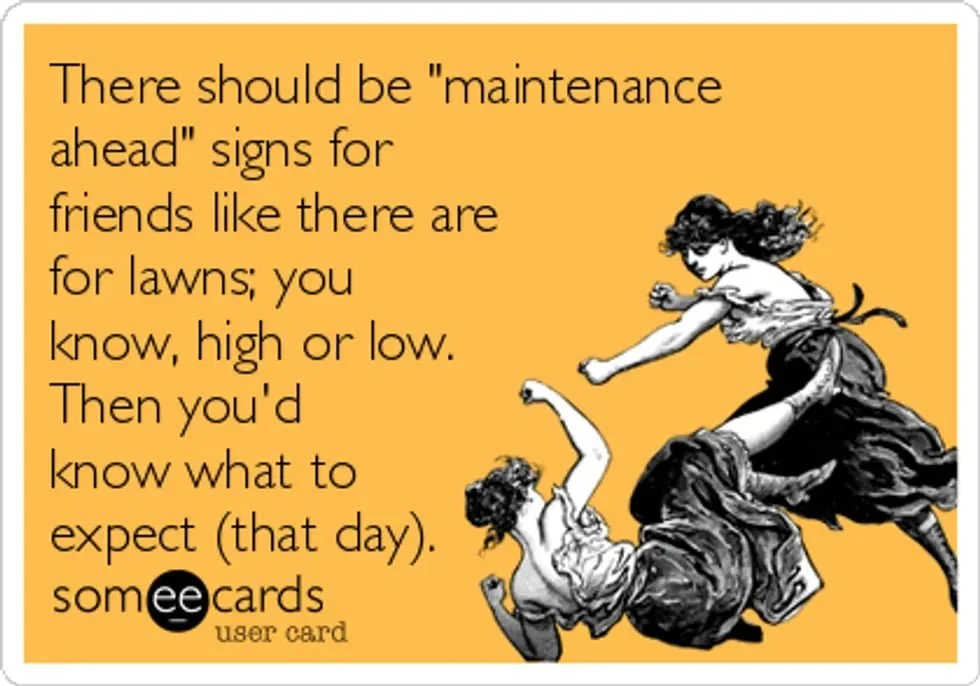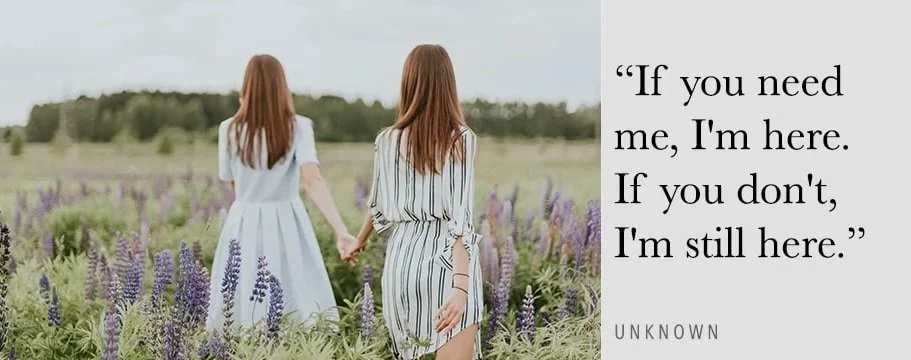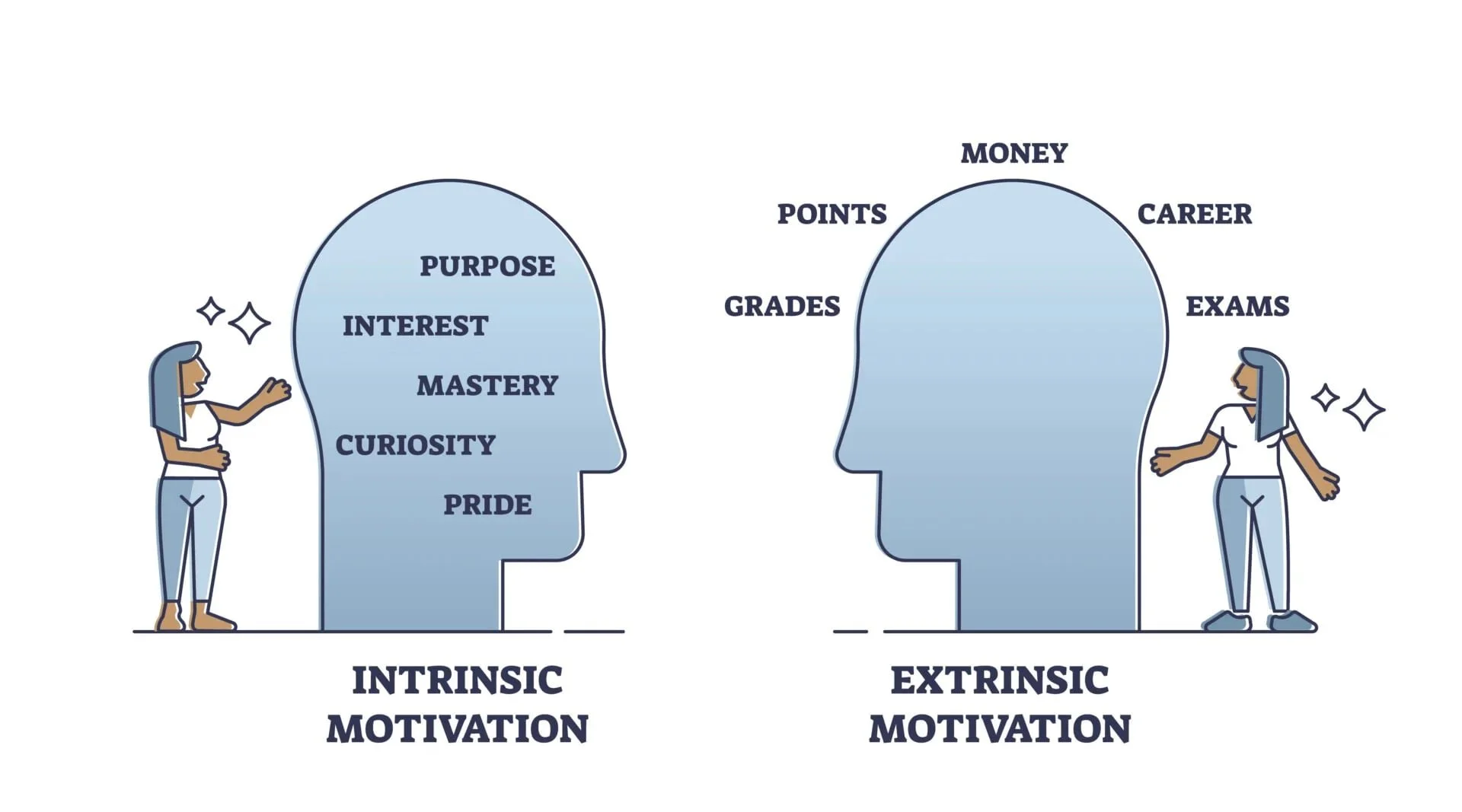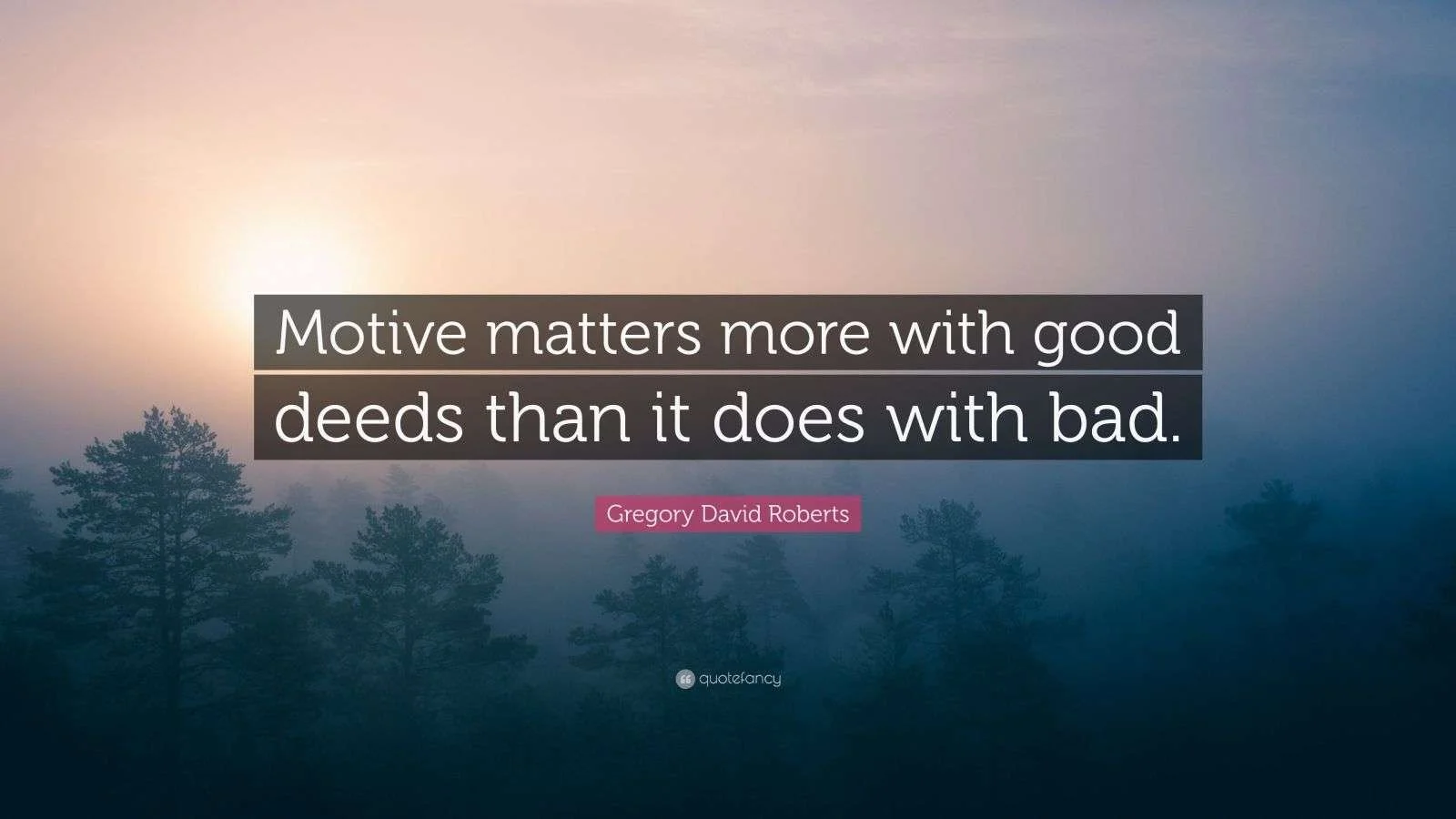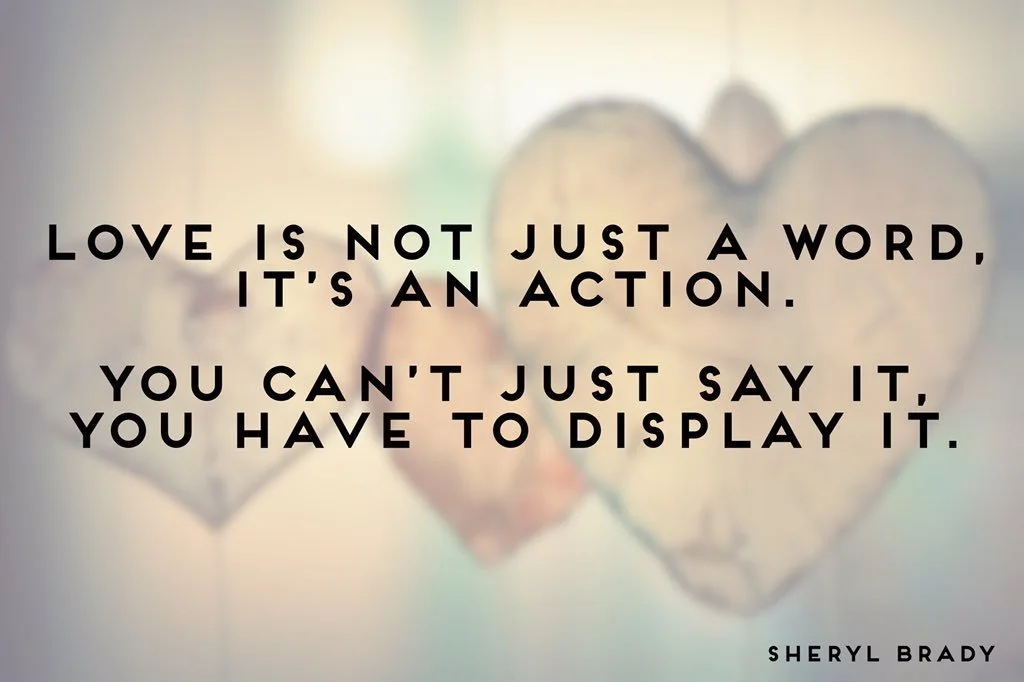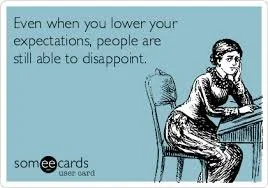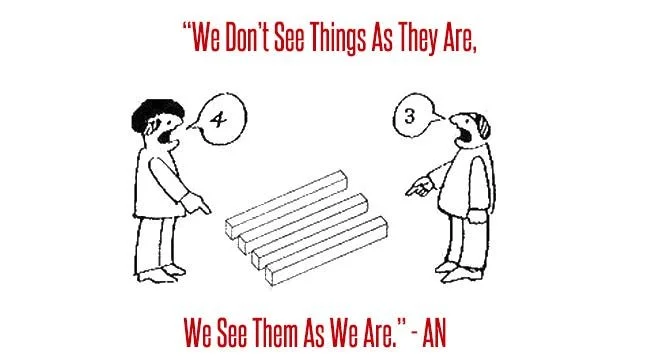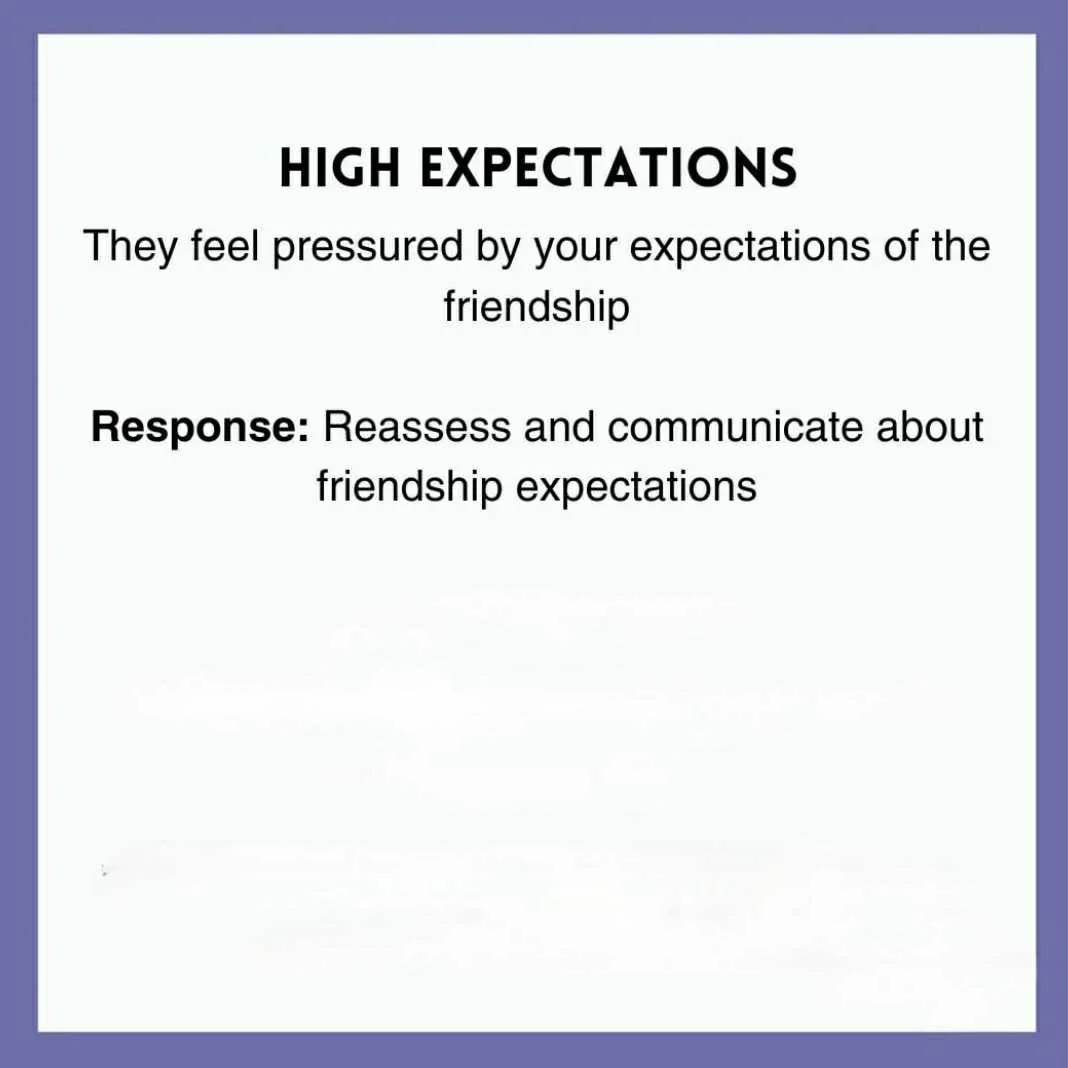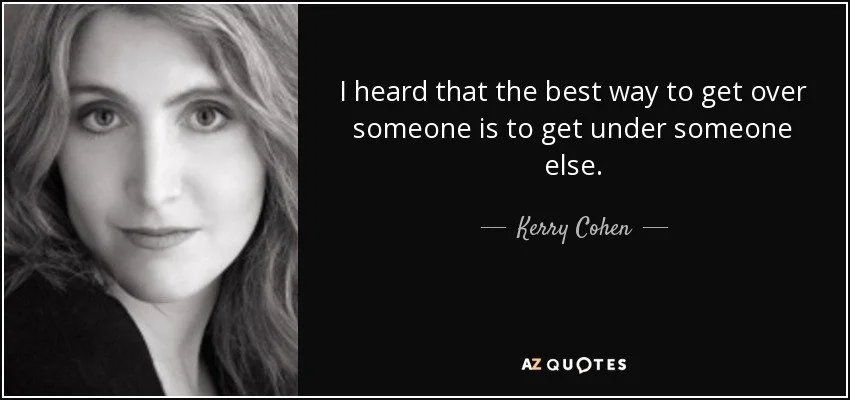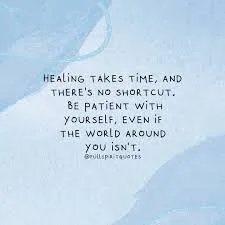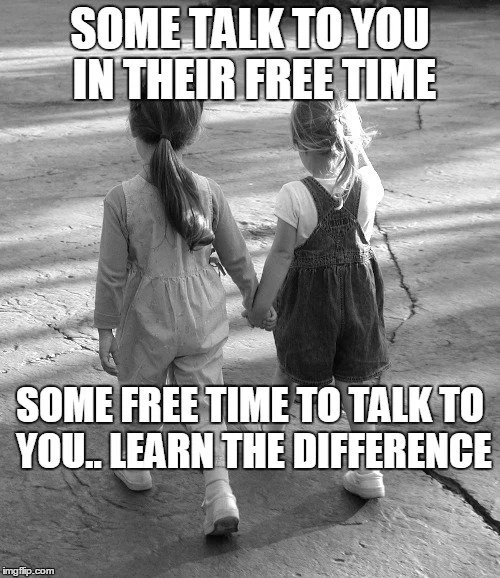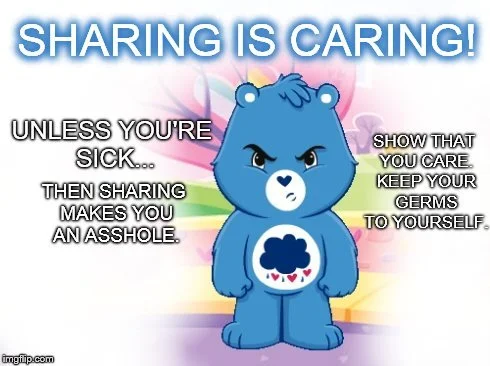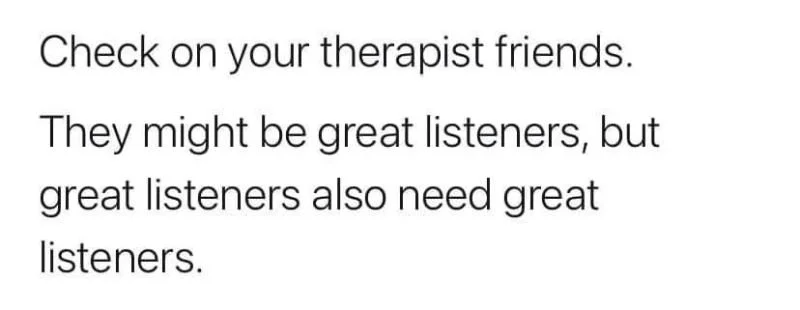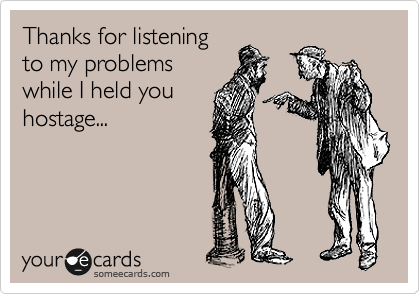It is with some sadness, that I announce this will be my last ever post on this blog. Due to circumstances outside of my control, the time has come for this chapter of my life to close. Although this is sudden, and will come as a shock to many of you, it has also been something I have been contemplating for at least the last year or so. As the title of the website suggests, this was never meant to last forever, yet I had been struggling with the decision to call it, so in many ways, this also comes as somewhat of a relief, to have the decision made for me. Just as fate was involved in the creation of this blog, the universe is telling me we have learned all we can learn on the subject to date and I have said everything I needed to say. In the 9 years of writing this blog I haven’t missed a single week, and to be honest content creation is harder than you’d think after so long! I will welcome the break and whatever the future has in store for me. But for now, this is goodbye from me! Sad as it is “How can anybody hate a good bi” (Beth McCarthy) comes to mind! Haha
I recently read 2 wonderful books, one called Let Them by Mel Robbins and Modern Friendship by Anna Goldfarb. Whilst I never wrote the book in the end, these 2 books encompass my teachings fairly well, and I feel fairly confident that both writers may have stumbled across my pages during their research. That’s not an accusation, my content isn’t copywritten, nor is it anything other than common sense. Therefore I could well just have a case of “tickets” on myself! Haha Regardless, if I had written the book, and you never know, now that I am not dedicating so much time to blog posts, I may well still write it…. It would be a culmination of these 2 books in sentiment. So I recommend you read them, as they are both talented writers and their stories really resonate too. I’m thrilled they were written, even if they did beat me to the proverbial punch line!
As this is to be my last post, I thought I would take the opportunity to try and hash over the main points of this blog one last time.
First and foremost – the catalyst for this blog was an epiphany I had in 2016 about a friendship that suddenly became very distant when my friend who was single when I met her, met a man. It took me many painful months or maybe even years, to realise – it wasn’t personal. And most things aren’t!
It’s not about you.
New friends are all around you, and you might not have even met someone your future self can’t imagine living without. No matter what age or stage of life you are in, it is never too late to make new friends.
You wont like everyone you meet and they wont all like you either. If someone doesn’t like you, that is a fact, not a mystery or a problem to be solved. Spend your time and energy on those that do like you.
To make friends, you have to be intentional – like applying for a job application – you don’t pretend you aren’t interested in the role! You are, and there is no shame in pursuing a connection. Some friends choose you, and some you choose for yourself, but ultimately, friendship is reciprocal and you choose each other. Over and over again.
To have good friends, you need to be a good friend.
To be a good friend, you need to listen, share, make time, put in effort, empathise, sympathise, (not pity) care about things they care about, empower them, (you don’t really have the power to enable them, which is where letting them live their life their own way but empowering them comes into play) support them, be present and engaging, be understanding and not judgmental, build trust, show accountability, vulnerability, and intimacy. Communicate clearly but with compassion, have patience, flexibility, and forgiveness.
Friends should accept us as we are, not approve of us. Know the difference. Chase neither.
Be open to their perspective, just because you are right, doesn’t mean they are wrong.
Listen to what is said, and hear what is not said.
Make room and time in your life for your friendships alongside your relationship and your family relationships. All are worth the effort to prioritise. A friend is not “just” a friend. They matter too. It’s all about balance.
Initiate plans.
Mind your busyness. Time is valuable. Spend it with people that matter not on things that don’t.
Match their level of investment in you, even if it is lower than you’d prefer, and make sure your expectations are in line with this investment.
Close friendships are platonic relationships, they require commitment, communication and compromise. They are stories of love, if not love stories.
Don’t be a scorekeeper; counting who messaged who first, or who initiated plans etc… Don’t go looking for proof to support your theory that your friends don’t care for you or value you. Look for evidence that they do and you’ll find it.
Put your phone down when spending time with a friend. Be present.
Show up. Be generous of spirit, be helpful, be kind. Don’t gossip. Keep confidences and know who you share with and when you share with them makes a big difference. Don’t let close friends find out important information on social media, or in a group email etc….
Think about what you offer, as well as what you are getting out of your friendships.
Friendships take time to develop. Fools rush in. Compatibility matters.
There is a difference between venting and emotional dumping. Your friend is not your therapist, nor are you theirs. Have boundaries, and know and respect theirs too.
Motive matters. The road to hell may have been paved with good intentions, so you will encounter conflict, but if you like, love and respect each other, you should always trust in your positive intentions towards one another.
Family members can be friends. Friends can be like the family you choose for yourself. It is still wise to know the difference and the benefits of each type of relationship and manage your expectations accordingly. Sometimes a friend is better than a family member because they are less invested, more impartial. This is a GOOD thing, because it often means they can be more objective and supportive.
It’s ok to have a best friend, or a few best friends, or all close friends…. But stay open and inclusive. Bullying by exclusion is real, but everyone can’t be included all the time either. Do your best at juggling this contradictory advice. Especially when you are feeling excluded.
Social media is the highlight reel, not the truth. Don’t compare your bloopers reel to a friends highlight reel. Know the whole story. Online friendships are real, but all your friends shouldn’t be online. We need people to see in person, to spend time with, build trust with, share a sense of truth and togetherness with and to touch. A gentle hug goes a very long way. If you block someone, that sends a strong message, most friendships wont bounce back from an online blocking. Be sure.
Media friendships are fairytales, real friendships are not.
Friendship is not a competition, so instead of feeling jealous, feel inspired and motivated. Ask for help and support to achieve your own dreams and goals.
Group friendships of three or more are wonderful for a sense of belonging, as long as everyone in the group has strong individual friendships with each other, and are mature enough to think for themselves in times of conflict and crisis. Because of this, it is wise to have different groups of friends, and friends not in any groups at all.
Over the course of your life, you will have different groups of friends, such as work friends, school friends, parent friends, hobby friends etc where a common thing has brought you together. These friends do not need to know or get along with each other.
No one friend can meet all your social needs. 5 close friends is a good number. Any more and it becomes hard to commit and prioritise and show up. Any less can leave you feeling disconnected. Each friend does not have to meet the same needs. Maybe there is one you have deep chats with and one who makes you laugh, and one who helps you with your life admin.
Having too many casual friends and no close ones can lead to loneliness.
Not all friendships will last forever, but an ending may be just for now and not forever. You get to decide if there is a comma or a full stop. It is never too late to reach out to an old friend. Be open to reconciliations and forgiveness and be willing to build a new friendship with an old friend.
Friends do ghost sometimes and it usually isn’t about you. Sometimes they zombie right back from the dead back into your life when their circumstances change.
Circumstances are a big factor in friendships and circumstances are fluid. Convenience is also a factor. We need to fit in each other’s lives. Circumstances change. People move, change jobs, get married, have kids, retire etc…. these circumstantial changes will change the friendship. Flow with the current, don’t try to fight it. We need to change, adapt, be flexible, patient and understanding when circumstances change and not take it personally.
Friendships may be for a reason or a season, and those reasons and seasons also come and go. Be open to reconnecting with friends from older seasons and opening up to new connections when new seasons roll in.
Communicate openly, honestly, and clearly, bit with compassion. Don’t interview or interrogate, let the conversation flow, but do show interest in your friends by asking questions and listening to their answers… without turning the conversation back on to yourself. Express yourself but don’t explain yourself. If you would rather not discuss something then say that instead of avoiding the question. Don’t say yes when you mean no, and then be resentful. It is ok to say no to friends. Don’t be a people pleaser, because you can’t please everyone anyway. It’s inauthentic. True friendship is unfiltered. If you are still too mad or upset to accept an apology, say so.
Hate is not the opposite of love. Indifference is. If your absence makes no difference to a friend, does your presence hold any value?
You can only control yourself, so focus on that and what you can control. Let go. Don’t waste too much time looking behind you, your future is ahead. The friends who are in your story right now matter most, new or old.
Friends can break your heart too. (Gnash I love u I hate u) It is normal to be broken hearted at the end of a friendship.
Friendships fade or fracture either due to changes in circumstances, or imbalances. Stay on the same page as your friends, even if that means accepting you are not as close right now as you used to be or want to be. If a friend is pushing you away, give them space. Space means disconnecting from them. Again, it may be for now, or forever. Only time will tell but it isn’t as urgent as it feels.
If you feel needy, you probably like your friend more than they like you. If your friend is needy, they probably like you more than you like them. This imbalance is causing friction because your needs are opposing. You aren’t very compatible at this phase of life. Space is ok. It can be direct or quiet distancing. It hurts, but tolerating the pain may be rewarding if the friendship re-sparks again during life’s later chapters.
When friendships end or drift apart, remember the positives. This person was your friend for a while for a reason or a season and they brought you happiness. Wish them well. Don’t re-write history to turn either of you into villains or to tell yourself that they never were a friend. People aren’t as toxic as dynamics or friendships themselves.
When old friendships fade or drift it makes room for new friendships. New friendships can bring out new and exciting parts of ourselves that we didn’t even know we had to explore. Don’t stand looking at the closed door so long that you never notice the open windows all around you. Sometimes new friends fit a new you because people are always growing and changing and evolving. But new friends don’t replace old ones. You can’t compare apples and oranges.
Apologise and be accountable when you mess up. Friendships are worth fighting for. You may not be able to salvage every friendship, but you’ll feel better knowing you tried. There is no shame in saying “You are important to me, I don’t want to lose you. I’m sorry, can we work this out?”
The ways you handle conflict may come down to your attachment styles, and fight or flight responses. Pause to consider these before resolving conflict to avoid triggering each other further.
If a friend is consistently hot and cold or flakey with you, they probably aren’t all that into you. Friendships require consistency and stability. If you know to expect a friend to be late, then you can consistently show up late, but if they cancel plans a lot at the last minute for example, don’t make important plans with someone you can’t rely on. It’s a recipe for disappointment.
It is ok to distance yourself or end a friendship that is no longer serving you. Better to end it than resentfully be a bad friend. Sometimes you have to be cruel to be kind. But don’t be mean, wish them well and part ways on good terms if possible. Friendship is voluntary, you are never stuck.
Self talk, self worth, and self-esteem matter. Talk to yourself as you would your best friend, because you are the only friend you’ll have your whole life through. Confidence is attractive. Platonically too.
If you miss an old friend you have lost contact with for any reason – reach out. Just do it.
There is absolutely no escaping the friendzone, but it is a good place to be anyway really, so why bother trying? Most friendships outlive most relationships anyway. Friendship mixes with sex and finances the like oil and water. Friendship is a benefit in of itself. Take space from an ex before trying to be friends. A year at least.
Friendship is free. Hang out together at home or in a park. It doesn’t have to cost money to spend time together and have it be fun or meaningful.
Celebrate your friends, and celebrate with your friends. Create traditions, have “our places” and “in jokes” and celebrate GALentines or PALentines day!
Lastly, friendship is the key to happiness. I truly believe that. It is the one factor we had as children that we lose in adulthood – friends equal fun. If you feel unhappy, phone a friend.
A big thank you to everyone who made it to the end of this last loooooong post. To my loyal readers and fans, and to anyone who has just tuned in. For all of you who took the time to write in, leave comments, or liked or shared my posts on socials, it has been so meaningful to me that this was important enough for you to join the proverbial conversation.
I have truly loved my time writing this blog, and discovered so much about myself, about life, about human nature, and about my friends along the way. I am so grateful for the catalyst that brought me to this chapter of my life and I am so excited to see what this next chapter of my journey holds. There is much change in my current circumstances, and for the first time, I feel ready to embrace this change and unknown unchartered territory, rather than resist it or fear it.
If I have helped or inspired any of you along the way similarly, then my mission has been accomplished! It’s been worth it.
As we approach the silly season, you know I get busy with all things Christmas, so I guess I can finally say, that’s a wrap!
❤ Love,
Your Best Friend ForNever
xx


